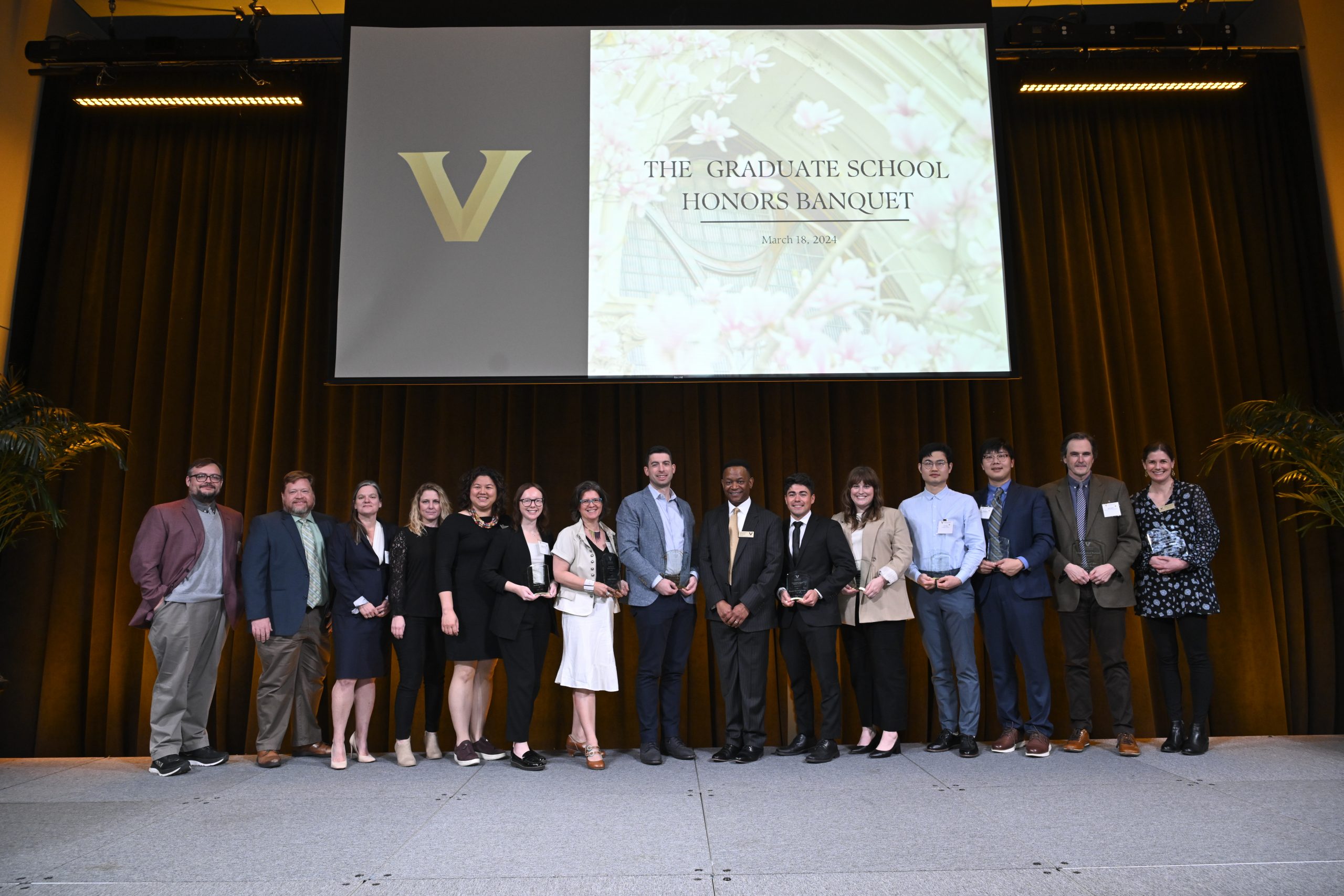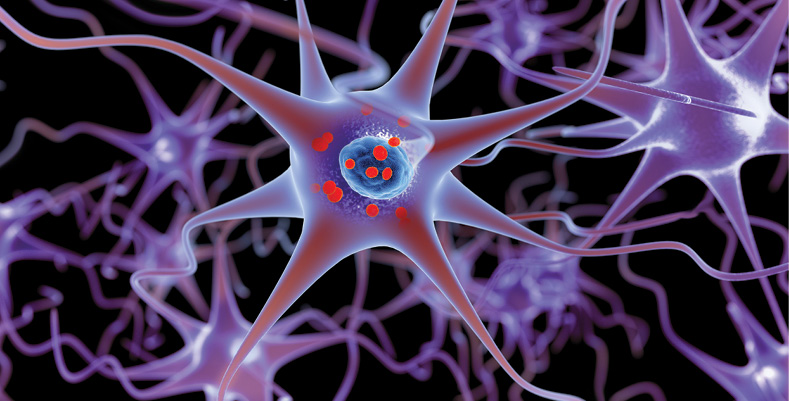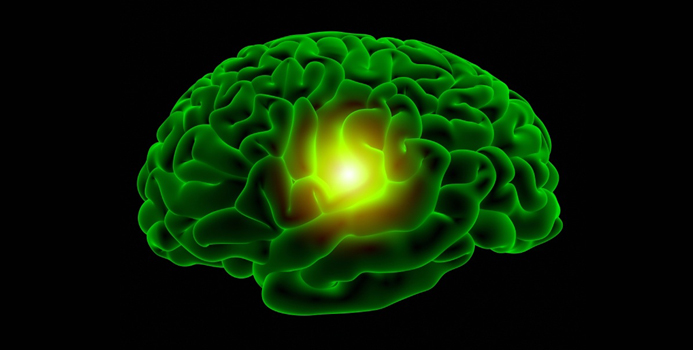Ethan Lippmann
-

Graduate School recognizes excellence among students, faculty at Honors Banquet
The second annual Honors Banquet commemorated excellence in academics, leadership and innovation among Graduate School students and faculty. The banquet on March 18 honored and reflected on the remarkable achievements in research and creative expression from the more than 50 graduate programs and departments represented in the Graduate School. Read MoreApr 1, 2024
-

Lippmann wins prestigious Chan Zuckerberg Initiative award to back research in the fight against Alzheimer’s
Ethan Lippmann, associate professor of chemical and biomolecular engineering and biomedical engineering, has won a Collaborative Pairs Pilot Project Award from the Chan Zuckerberg Initiative (CZI) to create a more effective way for the immune system to fight against neurodegenerative diseases like Alzheimer’s. Read MoreFeb 28, 2024
-

Lippmann wins prestigious Chan Zuckerberg Initiative award to back research in the fight against Alzheimer’s
Ethan Lippmann, associate professor of chemical and biomolecular engineering and biomedical engineering, has won a Collaborative Pairs Pilot Project Award from the Chan Zuckerberg Initiative (CZI) to create a more effective way for the immune system to fight against neurodegenerative diseases like Alzheimer’s. The pilot project seeks to generate an immune response – or defense […] Read MoreFeb 27, 2024
-

A $3M NSF grant to advance biomanufacturing could help establish an innovative method to deliver medicines to cells
“Biomanufacturing is a growing but critical field that is reshaping how we diagnose and treat some of the most devastating diseases known to humanity,” said Jamey Young, Cornelius Vanderbilt Professor of Chemical and Biomolecular Engineering and principal investigator on the four-year grant. “Vanderbilt is uniquely well-suited to help advance the future of biomanufacturing, given our... Read MoreSep 29, 2023
-

New Extracellular Vesicle Research Center launches; NSF grant is an early success
On July 1, the Program for Extracellular Vesicle Research became one of the nine official centers and institutes associated with the School of Medicine Basic Sciences. The Center for Extracellular Vesicle Research is led by Professor of Cell and Developmental Biology Alissa Weaver, who holds the Cornelius Vanderbilt Chair and also led the center’s previous incarnation as a program.... Read MoreJul 12, 2021
-

New Extracellular Vesicle Research Center launches; NSF grant is an early success
On July 1, the Program for Extracellular Vesicle Research became one of the nine official centers and institutes associated with the School of Medicine Basic Sciences. The Center for Extracellular Vesicle Research is led by Professor of Cell and Developmental Biology Alissa Weaver, who holds the Cornelius Vanderbilt Chair and also led the center’s previous incarnation as a program.... Read MoreJul 12, 2021
-

Trans-institutional collaboration receives $2 million BRAIN Initiative grant, developing brain organoids to map neurological development
Vivian Gama, assistant professor of cell and developmental biology, and Leon Bellan, associate professor of mechanical engineering and biomedical engineering, have won a $2.3 million, three-year grant from the National Institutes of Health Brain Research through Advancing Innovative Neurotechnologies Initiative. Vivian Gama Leon Bellan (Vanderbilt University) The researchers will be developing three-dimensional brain organoids and... Read MoreFeb 3, 2021
-

Trans-institutional collaboration receives $2 million BRAIN Initiative grant, developing brain organoids to map neurological development
Vivian Gama, assistant professor of cell and developmental biology, and Leon Bellan, associate professor of mechanical engineering and biomedical engineering, have won a $2.3 million, three-year grant from the National Institutes of Health Brain Research through Advancing Innovative Neurotechnologies Initiative. Vivian Gama Leon Bellan (Vanderbilt University) The researchers will be developing three-dimensional brain organoids and... Read MoreFeb 3, 2021
-

Engineering lab returns during Vanderbilt’s Research Ramp-up to advance research in neurodegeneration
The lab of Ethan Lippmann, assistant professor of chemical and biomolecular engineering and biomedical engineering, seeks to model, understand, and ultimately treat neurodegeneration, focusing primarily on the blood-brain barrier, a border of protective blood vessels found in the brain. Before the COVID-19 pandemic, Lippmann’s team in the Neurovascular Engineering and Therapeutic Design Laboratory was firing... Read MoreNov 16, 2020
-

NSF seed grant supports biomanufacturing of new drug delivery technologies
Vanderbilt researchers awarded one of NSF’s 24 new projects to drive future manufacturing One of the challenges of drug delivery systems is to optimize their targeting properties so therapeutic compounds used in smaller amounts reach only a specific area of the body and result in little or no side effects. The ability to engineer the... Read MoreOct 2, 2020
-

Adams to lead TIPs-funded, soldier-inspired innovation hub
A new innovation incubator will amplify existing collaborations among researchers and soldiers, building on Vanderbilt's partnership agreement with Army Futures Command. Read MoreJun 30, 2020
-

Breaking Barriers: $2.5 million grant from Facebook CEO boosts researcher’s investigation into neurodegenerative disease
Vanderbilt researcher Ethan Lippmann, assistant professor of chemical and biomolecular engineering, has won $2.5 million as part of a wider grant from the Chan Zuckerberg Initiative to fund his work on neurodegenerative diseases. Read MoreMay 23, 2019
-

First step toward model brain: turning iPSCs into working blood-brain barrier
The brain endothelial barrier had previously been generated from induced pluripotent stem cells in a two-dimensional culture but not validated in three-dimensional, vein-like structures that are necessary to feed the organoids. Read MoreFeb 21, 2019